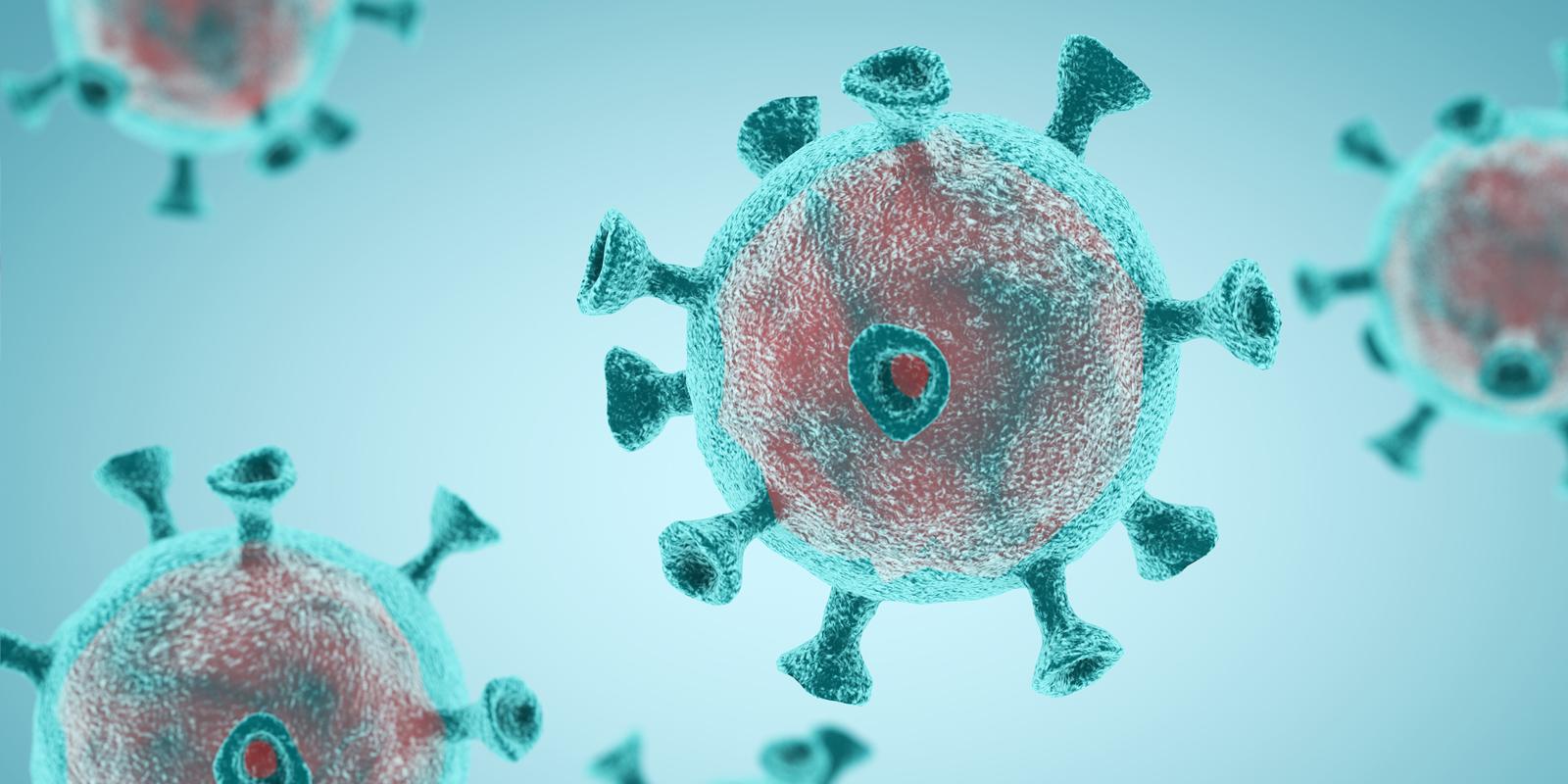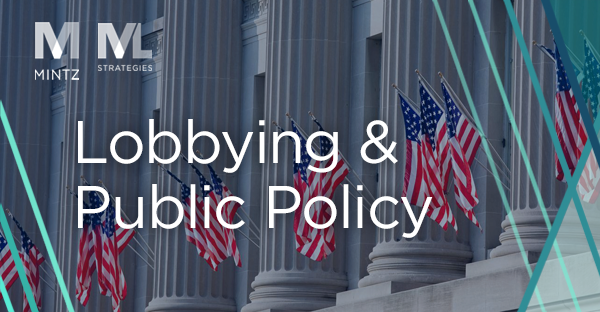
COVID-19 Viewpoints
Filter by:
FDA Issues Guidance Addressing COVID-19 Interference with Clinical Trials
March 21, 2020 | Blog | By Dianne Bourque, Benjamin Zegarelli
In recognition of the widespread disruptions the COVID-19 crisis is posing to planned and ongoing clinical trials at sites throughout the United States (and global clinical sites), the Food and Drug Administration (FDA) issued on Wednesday, March 18 a guidance describing potential considerations for adjusting trial processes and, potentially, protocols and statistical analysis plans to mitigate any difficulties meeting trial objectives due to interference from the virus and related social and governmental restrictions. The document, titled FDA Guidance on Conduct of Clinical Trials of Medical Products during COVID-19 Pandemic, describes various potential complications, such as subjects being unable to travel to the trial site, loss of access to investigational product, or the need to screen subjects for COVID-19, as well as general recommendations for addressing them.
Read more
New York State Implements Strict In-Person Workforce Reduction Measures in Response to COVID-19, Effective Friday, March 20th
March 19, 2020 | Blog | By Michael Arnold, Corbin Carter
New York Governor Andrew Cuomo has issued an expansive executive order, which mandates that, beginning Friday, March 20, 2020, at 8:00 PM, all “non-essential” businesses and non-profits entities in New York State must reduce their in-office workforce by at least 75%, and where possible, utilize telecommuting arrangements.
Read more
Update from Washington – Coronavirus Response
March 17, 2020 | Advisory | By Alexander Hecht, Anthony DeMaio
In response to the coronavirus pandemic, Congress and President Trump have taken the following actions:
Read more
Federal Response to COVID-19
March 16, 2020 | Alert | By Alexander Hecht, Frank C. Guinta, Christian Tamotsu Fjeld, R. Neal Martin, Anthony DeMaio
Read about the federal government’s response to COVID-19, including $8B in emergency funding and the Families First Coronavirus Response Act pending in the House.
Read more
Telemedicine and the Coronavirus Outbreak
March 13, 2020 | Video | By Ellen Janos
Ellen Janos discusses the role telemedicine is expected to play in the management of the coronavirus outbreak as well as the Emergency Appropriations Bill passed Congress which contains provisions intended to loosen the restrictions on Medicare reimbursement for telehealth services.
Read more
What the COVID-19 Pandemic Means for Force Majeure Provisions
March 13, 2020 | Alert | By Samuel M. Tony Starr, Kaitlyn C. Leonard , Clare Prober
Read about what the World Health Organization’s declaration that COVID-19 is a pandemic means for force majeure provisions in contracts.
Read more
The VALID Act, Aiming to Reform the Regulation of Diagnostic Products, Is Finally Introduced in Congress
March 12, 2020 | Blog
Following years of discussion, on March 5, 2020, U.S. Representatives Larry Buchson (R-IN) and Diana DeGette (D-CO) and U.S. Senators Richard Burr (R-NC) and Michael Bennet (D-CO) introduced identical versions of the Verifying Accurate and Leading-edge IVCT Development (VALID) Act in both chambers of Congress. The bipartisan legislation closely tracks existing medical device laws, with some notable exceptions, discussed below and in a prior post. If enacted, many regulatory elements familiar to in vitro diagnostic (IVD) and other medical device manufacturers would be applied to clinical laboratories that develop their own tests, commonly known as laboratory developed tests (LDTs). The bill also includes elements that are priorities for the Food and Drug Administration (FDA), including a program conceptually similar to pre-certification, third-party review, and Collaborative Communities. Unlike previously-circulated discussion drafts, the introduced bills include specific language designed to address public health emergencies, including COVID-19.
Read more
What You Need to Know about Force Majeure in Light of the Coronavirus
March 10, 2020 | Alert | By Samuel M. Tony Starr, Kaitlyn C. Leonard , Clare Prober
With the outbreak of coronavirus disease 2019 (“COVID-19”), the disease caused by the novel coronavirus (“SARS-CoV-2”), companies across various industries are taking precautions, some of which already have, and inevitably will result in nonperformance of their contracts.
Read more
FDA’s Evolving Response to the COVID-19 (Coronavirus) Outbreak
March 4, 2020 | Blog | By Joanne Hawana
Within the U.S. Department of Health and Human Services (HHS), many agencies have responsibility for responding to public health emergencies. The Centers for Disease Control and Prevention (CDC), as its name implies, is at the forefront of the COVID-19 (coronavirus) outbreak as the government seeks to control and prevent the spread of the virus in the United States. The National Institutes of Health (NIH), particularly the National Institute of Allergy and Infectious Diseases, are also involved, primarily conducting research into the sources, cause, and means of transmission of the new virus and coordinating vaccine development efforts. The Food and Drug Administration (FDA) is responsible for assuring the safety and effectiveness of medical products and therefore has oversight over any clinical trials for promising coronavirus treatments (drugs, vaccines, devices), as well as authority to authorize the marketing of any such product. The agency oversees the drug supply chain and monitors drug and device shortages. This blog post covers steps that FDA has taken to mitigate potential drug and device shortages related to coronavirus and to otherwise respond to the coronavirus situation.
Read more
Coronavirus – Further Updates on Travel Impact
March 2, 2020 | Alert
Read about updated CDC and DOS travel guidance for Iran, Italy, China, South Korea, Japan, and Hong Kong and President Trump's entry ban for foreign nationals who have been in Iran within 14 days.
Read more





